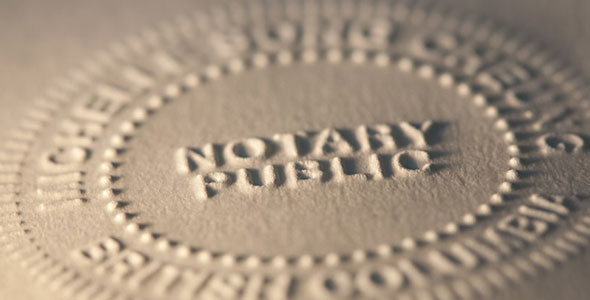Debunking Notarial Work: Streamlining the Duty and Significance of Notaries
In the detailed internet of lawful documentation and verification, notaries stand as pillars of assurance and authenticity. Their function, typically shrouded in enigma for many, carries significant weight in ensuring the validity and integrity of important papers. As guardians of legality and truth, notaries play an essential component in our culture, yet their work is not constantly totally recognized. By unraveling the complexities surrounding notarial practices and shedding light on the value of their acts, a more clear understanding arises of the essential duty notaries play in promoting the fabric of legal and contractual agreements.
The History of Notarial Job
The history of notarial job days back to old civilizations, where scribes played a critical duty in taping crucial info and authenticating files. This led to the advancement of notaries, people selected by the state to act as unbiased witnesses in lawful issues.
During the Middle Ages, notaries obtained prestige in Europe, with their functions expanding to include preparing lawful documents, certifying signatures, and preserving documents. The surge of international profession better emphasized the value of notarial operate in validating contracts and arrangements across borders.
In the modern period, notaries proceed to play an important role in legal and business deals by confirming identities, verifying the authenticity of records, and protecting against fraudulence. Their duty in certifying the validity of arrangements includes a layer of protection and depend the ever-evolving landscape of commerce and regulation.

Duties and Duties of Notaries
The historic development of notarial job from ancient worlds to the modern period has formed the unique duties and duties that notaries promote in lawful and company purchases today. Notaries play a crucial duty in validating the authenticity of documents and the identity of signatories. One of their key obligations is to witness the finalizing of vital files, such as contracts, wills, and actions, to guarantee that all parties are becoming part of contracts knowingly and voluntarily. Notaries likewise validate that signatories are of audio mind and not under duress or threat.
They license duplicates of original files, offering assurance to institutions that the duplicates are real replicas of the originals. Overall, the duties and obligations of notaries are necessary in securing the stability and legality of numerous records and deals - Apostille.
Notarial Certificates and Signatures
Exemplifying thorough focus to detail, notarial certificates and trademarks work as essential elements in validating the authenticity of legal files. Notarial certifications normally include important details such as the day of notarization, the names of the signatures, a description of the paper, and the notary's main seal. These certifications offer a clear record of the notarial act, ensuring that the paper can be easily identified and mapped back to the notary that managed the process.
Trademarks play an essential function in notarial job, as they symbolize the arrangement and permission of the events included. Notaries meticulously witness the finalizing of documents to confirm the identification of the signatures and validate that they are signing of their very own free will. By fastening their official seal and trademark to the document, notaries accredit that the essential procedures have been complied with which the document is valid and enforceable.
Fundamentally, notarial certificates and signatures are the trademark of credibility in legal deals, supplying guarantee to all parties included that the papers are legitimate and binding.
Relevance of Notarial Acts

Notarization Refine Explained
The registration procedure normally begins with the individual providing the paper to a notary public. When the identification is verified, the notary guarantees that the specific authorizing the document does so voluntarily and without any type of threat.

Verdict
Notarial certifications typically contain important information such as the date of notarization, the names of the signatories, a description of the document, and the notary's main seal. These certificates provide a clear document of the notarial act, guaranteeing that the document can be conveniently determined and traced back to the notary that oversaw the process.
By attaching their main seal and trademark to the paper, notaries license that the needed treatments have actually been adhered to and that the record is legitimate and enforceable.
By verifying the identity of the signatures, verifying their willingness to enter into the contract, and certifying the date and location of the finalizing, notaries play a critical duty in maintaining the credibility of lawful records.After the record is authorized, the notary will certainly affix their main seal or stamp onto the record.